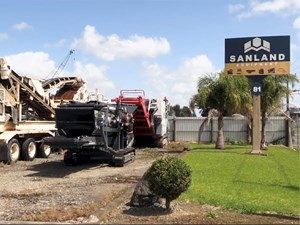Technology: Bosch Crash Data Retrieval kit
Former police officer expert crash analyst Bruce Wilson is on a mission to reduce death and serious injury on NZ roads and wants to use data to do it
Bruce is one of New Zealand’s leading crash analysts, having investigated more than 1000 crashes during his career with the New Zealand Police. He spent 16 years on the force, specialising in road policing, mostly in Auckland on its motorways. After moving into crash analysis, he became a crash instructor, spending his last four years with the police designing training programmes and delivering offshore training to crash analysts around the world.
"I’ve attended more than 1000 crashes, 300 of which were serious or fatal crashes that I helped investigate," Bruce says. "I’ve seen it all."
Data retrieval
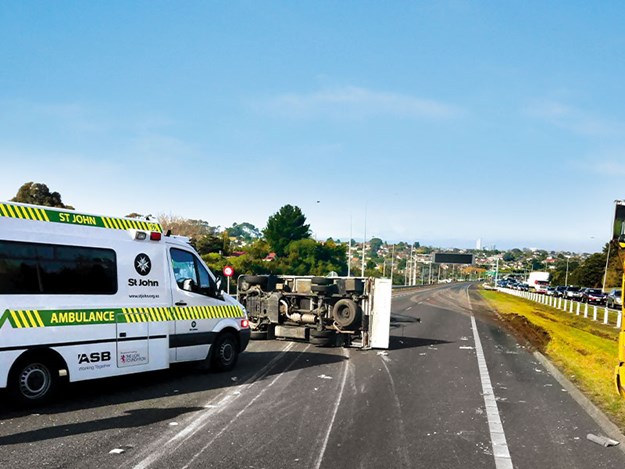 |
|
When a crash involves a heavy motor vehicle, it typically is serious injury or fatality
|
Now Bruce is back on the road with the Bosch Crash Data Retrieval kit, which downloads extensive data from a vehicle’s computer following a crash. Its purpose is to help investigators understand what happened, without bias, ultimately aiming to prevent similar crashes.
Bruce says the kit can help fleet managers and operators understand how their vehicles and drivers were involved in an incident and learn from it.
"This kit can download data up to 10 seconds prior to a crash and measure speed, throttle, brakes, steering angle, engine RPM, and other parameters. This allows us to determine more factually what actually occurred and determine the root cause of the crash," he says.
"A lot of people don’t realise how much data their vehicles hold about their habits. Some people have told me it’s scary, but I think that it’s the opposite. If you have good driving habits, you have nothing to worry about."
The Kapiti-based crash investigator is believed to be the only private operator to have a CDR kit in New Zealand, as they’re reserved for law enforcement and those who are appropriately trained.
"They are very hard kits to come by, as you have to prove you have adequate training. But getting the data is only part of the puzzle," he says. "You also need to know how to interpret that data and provide a full picture of the circumstances leading up to the collision and that’s what my aim is with any crash."
In 2020, Wilson started Forensic Crash Consultancy to provide analysis and education services to drivers, companies, and insurers around Aotearoa, ultimately aiming to reduce New Zealand’s road toll.
COVID paradox
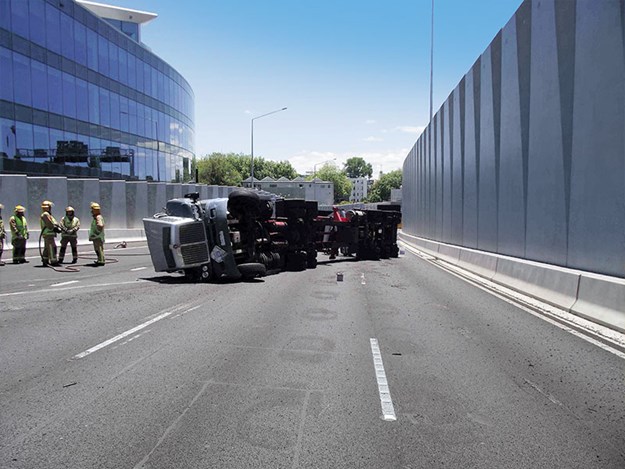 |
|
The Bosch Crash Data Retrieval kit can download extensive data from a vehicle’s computer following a crash
|
"Our road toll has been climbing. There are way more crashes, way more speed involved. It’s a COVID paradox that’s happening all over the world. If you look at how many vehicles are not on the road because of lockdowns, our road toll should have been non-existent.
"The majority of vehicles on the road have been heavy motor vehicles because they were making the country work. But it’s a bit of fatigue, distraction, and now people are just wanting to get places, they’re caring about where they are going and not how they are getting there; that’s when they make those risky decisions."
Bias against trucks
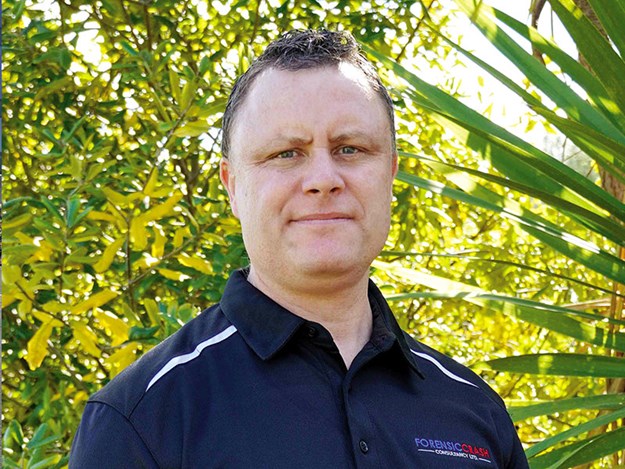 |
|
Bruce Wilson
|
Bruce says he has always had an interest in heavy motor vehicles.
"On Auckland motorways, there were a lot of crashes that were truck versus car.
"Seeing the psychological effect of a crash on a driver, their welfare is very important to me. When a crash involves a heavy motor vehicle, it typically is serious injury or fatality," he says.
During his time as an investigator, Bruce says he saw first-hand the bias that went against truck drivers.
"In the media, collisions were always reported as the truck hitting the car, not the other way around," he says.
"When it comes to trucks, there’s that bias that they are professional drivers, so they are more culpable than a driver of a normal car.
"But fatigue is just as much if not worse a problem for car drivers than it is for a truck driver. While driving a truck is quite controlled by law as to when you must take breaks and the maximum number of hours you can drive, the public is not," Bruce says. "And looking at all those crashes, there are certainly some tips and tricks that would have helped those trucking companies and operators at a crash scene.
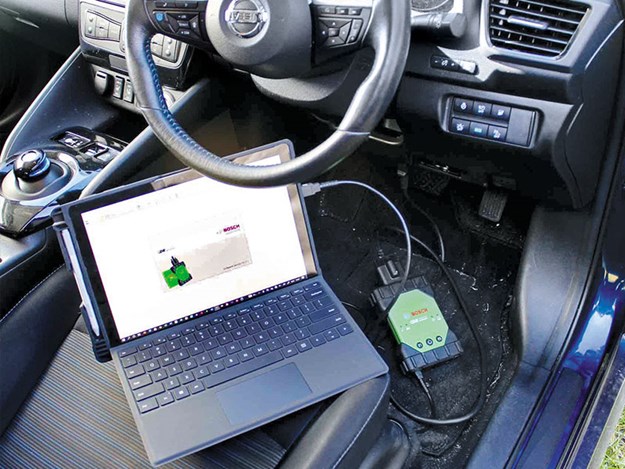 |
|
The Bosch CDR Kit in-car download
|
Bruce says most trucks have tracking systems in them, but often companies don’t know how to read the data that can be retrieved from them.
"Systems like Teletrac or Eroad can tell us exactly what a truck is doing every second. If fleet managers understood their product, it could make investigating incidents a lot easier from a company point of view. If you’re going to spend all this money on putting GPS systems in your trucks, you need to actually understand what they can be used for, and how you can help your drivers." Bruce says it lets down all road users when crashes aren’t investigated properly.
"And what ends up happening is fleet managers and transport operators miss out on understanding what has actually happened in the crash, how can it be prevented, how the company can help and assist their drivers," he says.
"It’s making sure the police are looking at the crash properly, the insurance company is investigating as well, and understanding that there’s a lot of data in these vehicles."
For more information, contact bruce@forensiccrash.co.nz.
Find new and used trucks for sale in NZ
Keep up to date in the industry by signing up to Deals on Wheels' free newsletter or liking us on Facebook.



.jpg)


.jpg)
.gif)
.jpg)
.jpg)
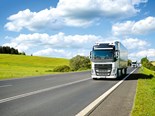
.jpg)

